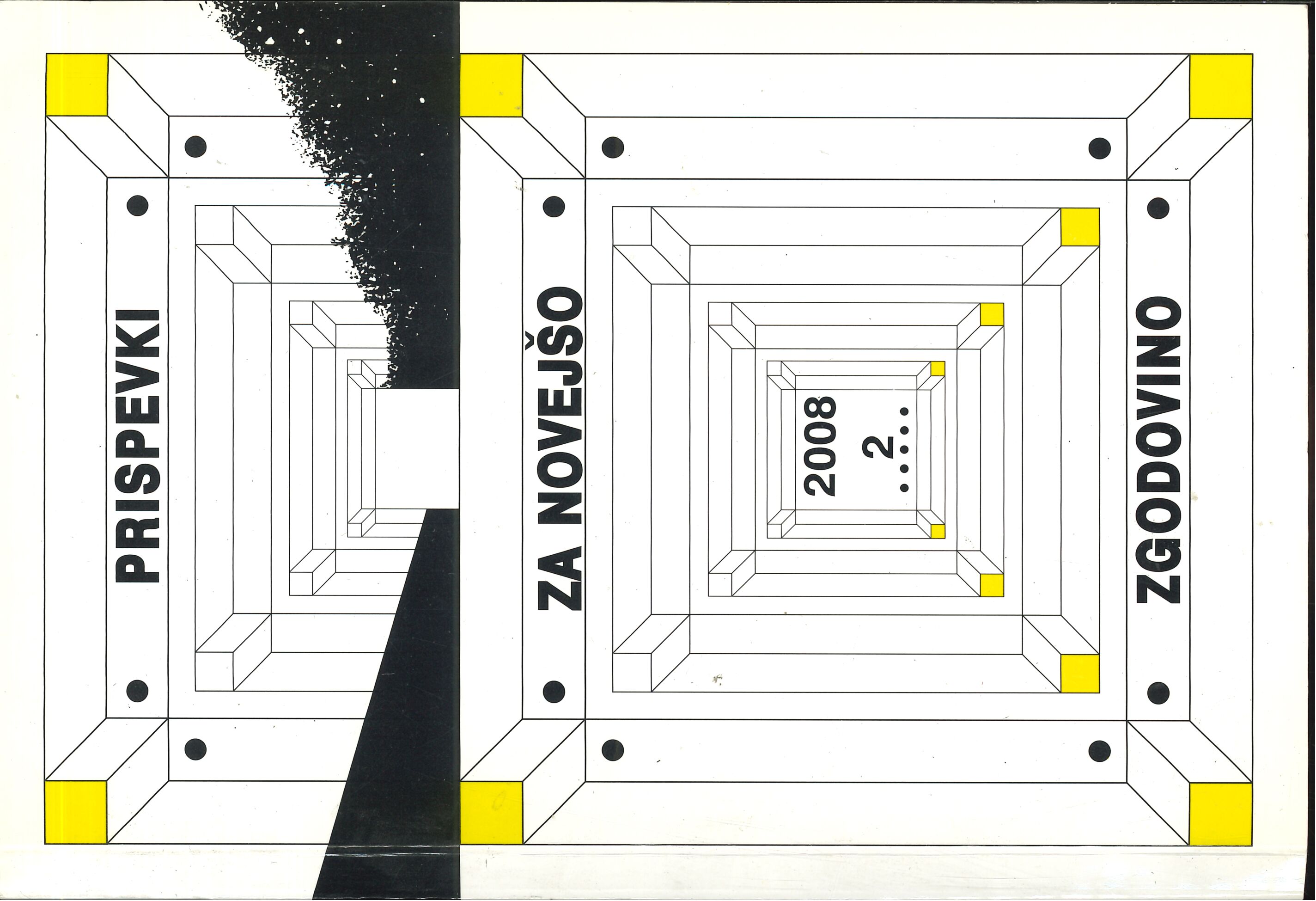Jezikovne "težave" na Spodnjem Štajerskem v Taaffejevi dobi
Ključne besede:
avstro-ogrska monarhija, Spodnja Štajerska, politična zgodovina, jezikovne pravice, narodnost, ustavna doba, deželni zbor, državni zbor, Avstrija, nacionalni boj, jezikovni bojPovzetek
If Auersperg-Lasser's government with its pressures against the clerical staff contributed significantly to the fact that the Slovenian language was, (also) in Lower Styria, pushed to the very edge of public life, the Taaffe period introduced a greater dynamics into the language issues. The government, stating that it would not exert pressure against public servants, ensured the "facilities" for a sudden "strengthening" of the language issue, which suddenly became the focus of public and political life. In his article the author analyses the language demands of the Lower Styria Slovenians, who attempted to gain as many concessions as possible from the ("sympathetic or unsympathetic") government after the "declaration" of Carniola as a Slovenian province. Due to the fact that Lower Styria had a different position than Carniola, this was by no means an easy goal to achieve; instead, the Lower Styrian unification "leaders" had to invest all of their strength into just a couple of successes in the 15 years of Taaffe's rule.
Prenosi
Objavljeno
Številka
Rubrika
Licenca
Avtorji prispevkov, objavljenih v tej reviji, soglašajo z naslednjimi pogoji glede avtorskih pravic:
- Avtorji ohranijo avtorske pravice, reviji pa odobrijo pravico do prve objave. Delo se hkrati zaščiti z licenco za prosto uporabo avtorskih del (Creative Commons Attribution License), ki drugim osebam omogoča deljenje dela ob priznanju avtorstva in prve objave v tej reviji.
- Avtorji lahko sklenejo ločene dodatne pogodbene dogovore za neizključno distribucijo različice dela, objavljene v reviji, (npr. oddaja v institucionalni repozitorij ali objava v knjigi) z navedbo, da je bilo delo prvič objavljeno v tej reviji.
- Pred postopkom pošiljanja in med njim lahko avtorji delo objavijo v spletu (npr. v institucionalnih repozitorijih ali na svoji spletnih strani), k čemer jih tudi spodbujamo, saj lahko to prispeva k plodnim izmenjavam ter hitrejšemu in obsežnejšemu navajanju objavljenega dela (glej The Effect of Open Access).


